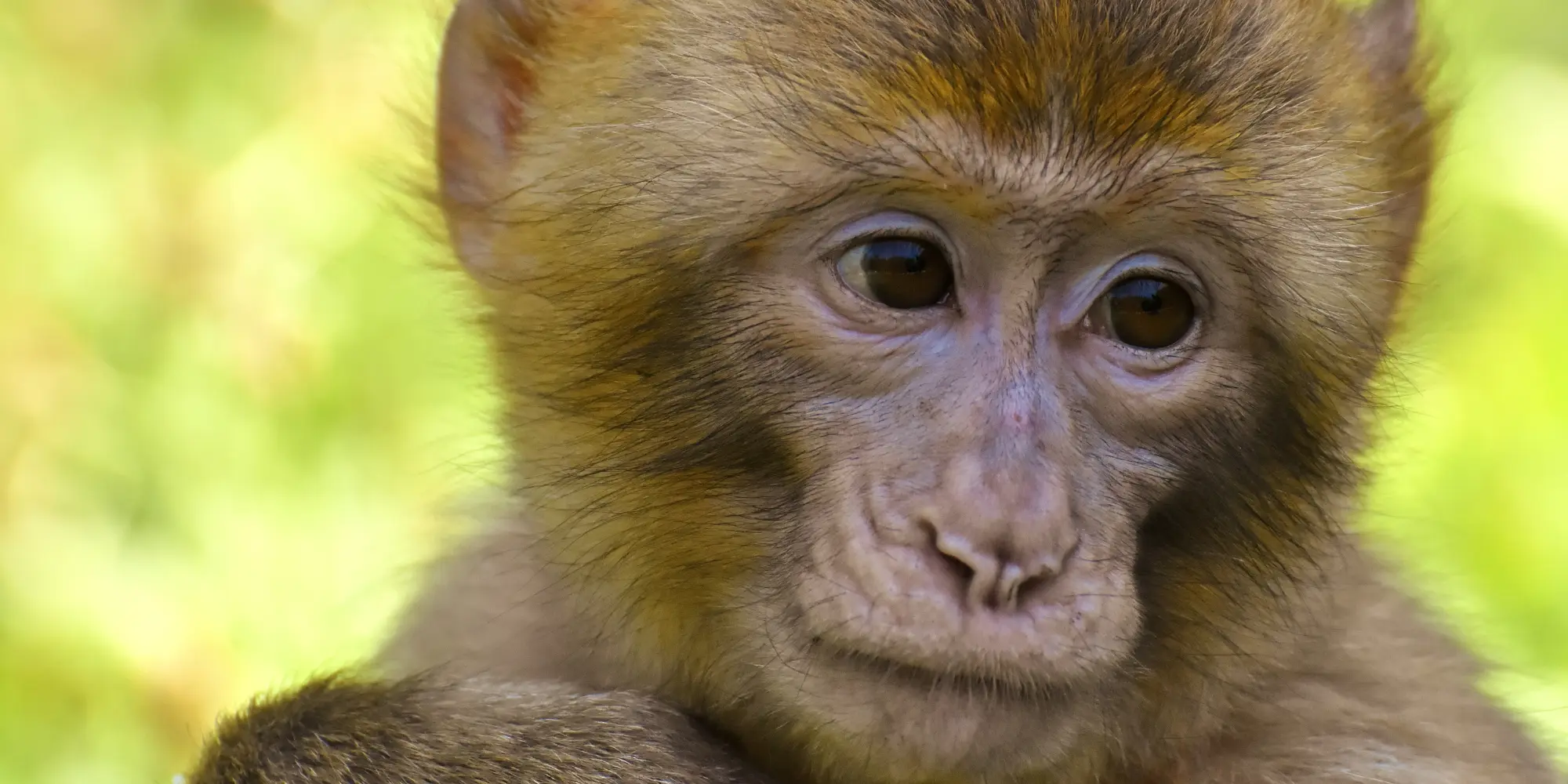The Food and Drug Administration (FDA) issued a final guidance on 4 February 2022 to address the constrained supply of nonhuman primates (NHPs) for nonclinical safety assessments. As part one of our series “Using NHPs for Pharmaceutical Development,” Allucent is here to provide detailed information regarding FDA’s newest guidance related to the use of NHPs in industry toxicology studies.
Background
During the COVID-19 pandemic, there was a reduction in the supply of NHPs and an increase in NHP demand for investigational COVID-19 treatment and vaccine candidate development. The reduction of supply and concomitant prioritization of COVID-19 related studies has resulted in a disruption of sexually mature NHPs. This shortage has significantly delayed medication development, as sexually mature NHPs are often the only pharmacologically acceptable species to assess developmental and reproductive toxicity endpoints for biological products. As a result of this shortage, the FDA has provided further guidance on the use of NHPs in nonclinical assessments.
What You Need to Know
The guidance makes the following recommendations related to NHP use in general toxicology studies, as well as developmental and reproductive toxicity (DART) assessments.
General Toxicology Studies:
- If a biological product is active in other nonrodent species (e.g., dog, minipig), sponsors should consider any warranted general toxicity studies in a nonrodent species other than NHPs.
- Should a biological product be active in a rodent species and act on a well-characterized target, sponsors may be able to conduct warranted general toxicity studies only in the rodent.
- The FDA generally discourages the use of NHPs for the general toxicology assessment of small molecule drugs.
- Sponsors should also refrain from using sexually mature NHPs in toxicity studies designed specifically to assess fertility by histopathological examination when fertility parameters can be assessed in rodents.
DART Assessments:
- For biological products that are pharmacologically inactive in primates, sponsors should consider the following:
- Employing alternative models for assessing DART endpoints (species-specific surrogates in rodents or genetically modified rodents).
- Conducting a DART assessment solely using a weight-of-evidence approach where strong scientific evidence indicates risk or where the mode of action clearly indicates negligible risk.
- Employing an adequately designed enhanced pre- and post-natal development study with fewer test article groups to evaluate products other than vaccines developed for infectious disease indications, if the exposure in the treated group provides saturation of target binding, maximal pharmacological effect, and/or adequate margin to clinical exposure.
- Collecting embryo-fetal development and pre- and post-natal development data in a post-marketing setting for indications where use of the product in women of childbearing potential is unlikely.
- The FDA strongly discourages the use of NHPs for the assessment of DART studies for small molecule drug development programs.
- The use of NHPs for DART assessment of biological products should only be considered if they are the only relevant species.
- Finally, the FDA recommends discussing proposed approaches to assessing DART endpoints, as well as timing, with appropriate review divisions before initiating any alternative DART assessments.
Allucent’s Comprehensive Expertise in the Use of NHPs
Allucent’s experts maintain comprehensive and robust expertise in the use of nonhuman primates and the selection of relevant animal species for nonclinical testing. Specifically, Allucent’s experts demonstrate:
- Over 17 years of research experience, including 9 publications utilizing non-human primates.
- Species-appropriate study design expertise within our nonclinical consulting department.
- Expertise in biostatistical assessments and computer simulation modeling (e.g., pharmacokinetic/pharmacodynamic modeling).
For more information about the specifics of FDA recommendations for sponsors using nonhuman primates in nonclinical safety studies, Allucent’s regulatory team is here to offer guidance and solutions. Contact us today!
Allucent brings new therapies to light by solving the distinct challenges of small and mid-size biopharma companies. We are a global provider of comprehensive drug development solutions, including consulting, clinical operations, biometrics, and clinical pharmacology across a variety of therapeutic areas. Our individualized partnership approach provides experience-driven insights and expertise to assist clients in successfully navigating the complexities of delivering novel treatments to patients. Learn more about our drug development programs and how our A-Team can support you.
